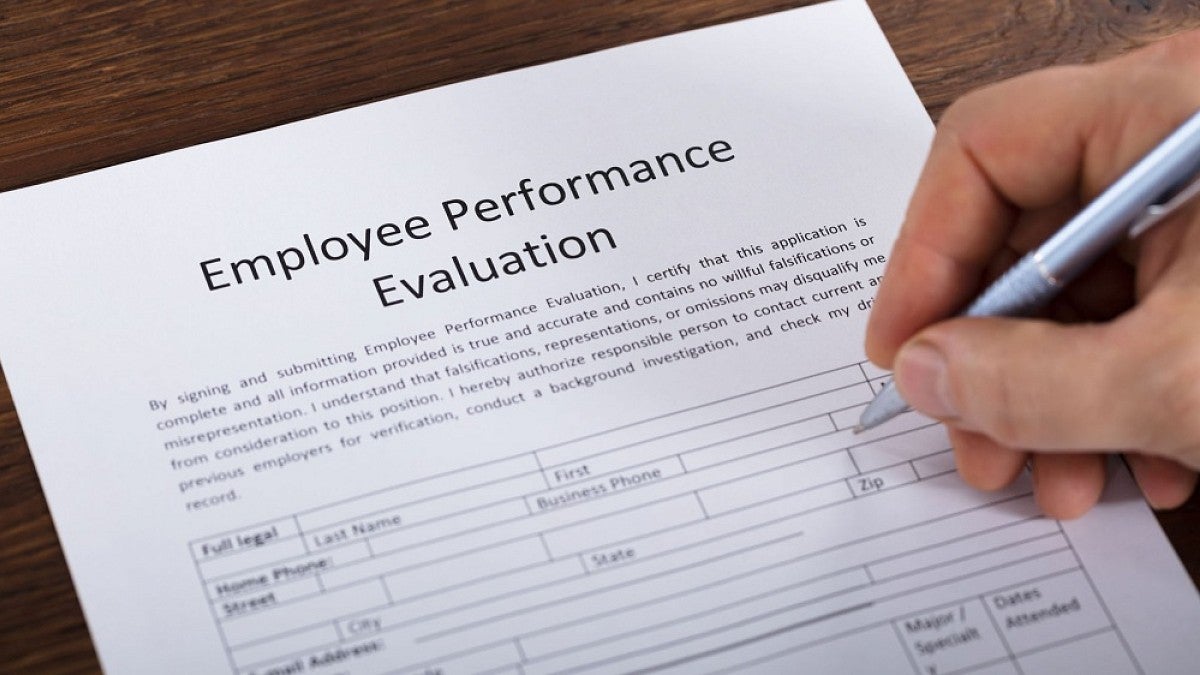The Office of Human Resources will hold two sessions this month aimed at helping supervisors prepare evaluation forms and give effective performance feedback for officers of administration.
Sessions will be held Wednesday, Aug. 23, from 1:30 to 2:30 p.m. and Thursday, Aug. 31, from 1 to 2 p.m. Advanced registration is required through Making Tracks.
Led by Annie Bentz, senior employee relations coordinator, the trainings will provide guidance on carrying out evaluations outlined in a suite of officer of administration policies approved by President Michael H. Schill earlier this year. The policies formalize the importance of performance feedback and the expectation that OAs receive annual performance evaluations.
“Establishing a performance management policy for OAs was a key issue expressed by OAs during the collaborative policy development process,” said Nancy Resnick, associate vice president and chief human resources officer. “The policy creates an opportunity for OAs and their supervisors to engage in a conversation about performance successes and expectations beyond the annual salary increase cycle.”
In addition to the training sessions, HR also provides templates and guidance on its website.
As stated in the OA performance management procedures, “Performance management is an essential and required supervisory process to communicate expectations, identify goals, provide feedback, plan work, acknowledge contributions and plan professional development and training activities for OAs.”
The Office of Human Resources reminds supervisors that OA performance evaluations are required to be performed annually and are a critical component of the broader performance management process. The timing of the evaluation cycle may vary from unit to unit within the university, based on operational needs. Leadership in each department or division establishes the timeline for completion that best meets the needs of the unit or department.
“Performance evaluations are an opportunity to engage in a meaningful dialogue about effectiveness, engagement and opportunities,” Bentz said.


